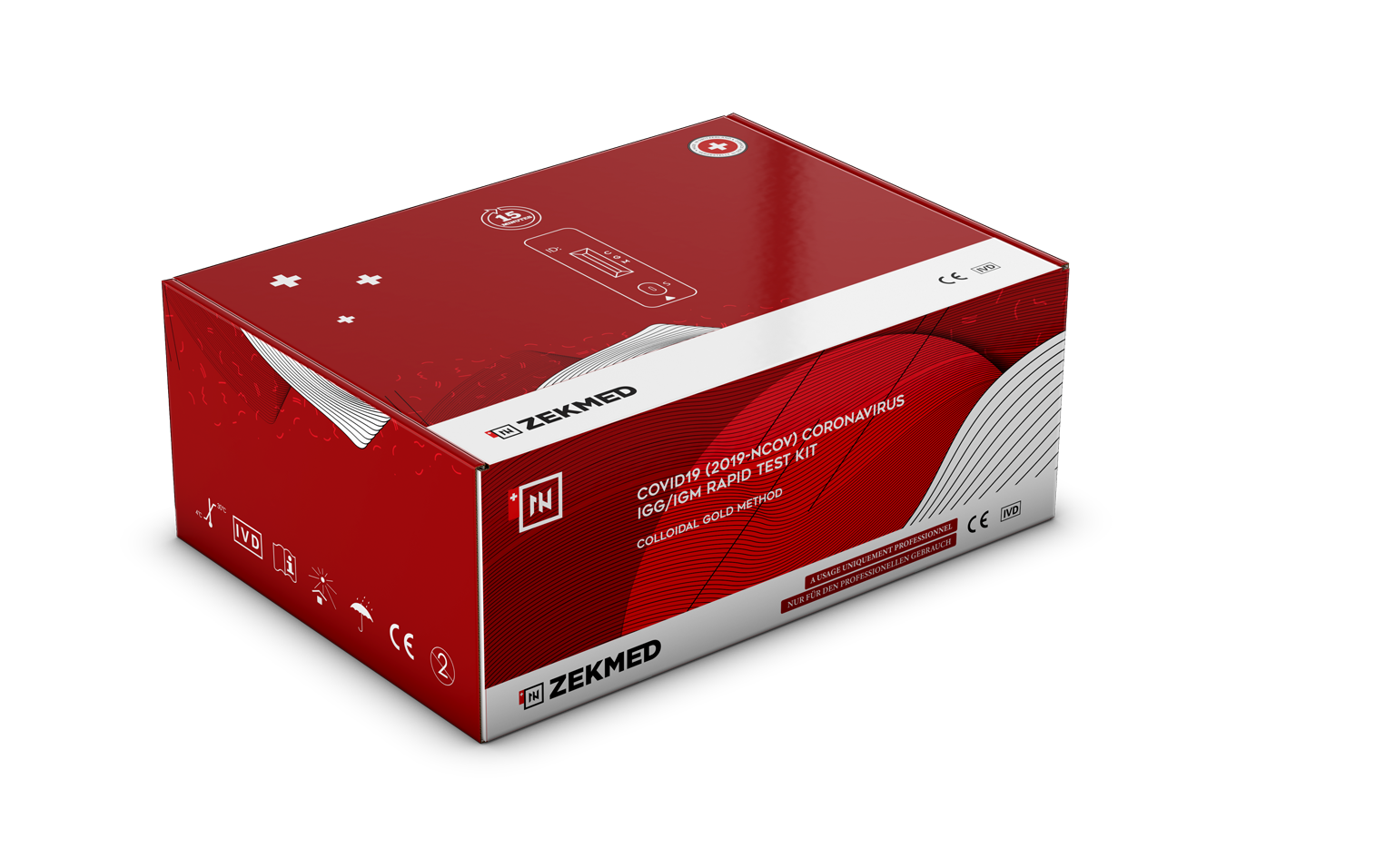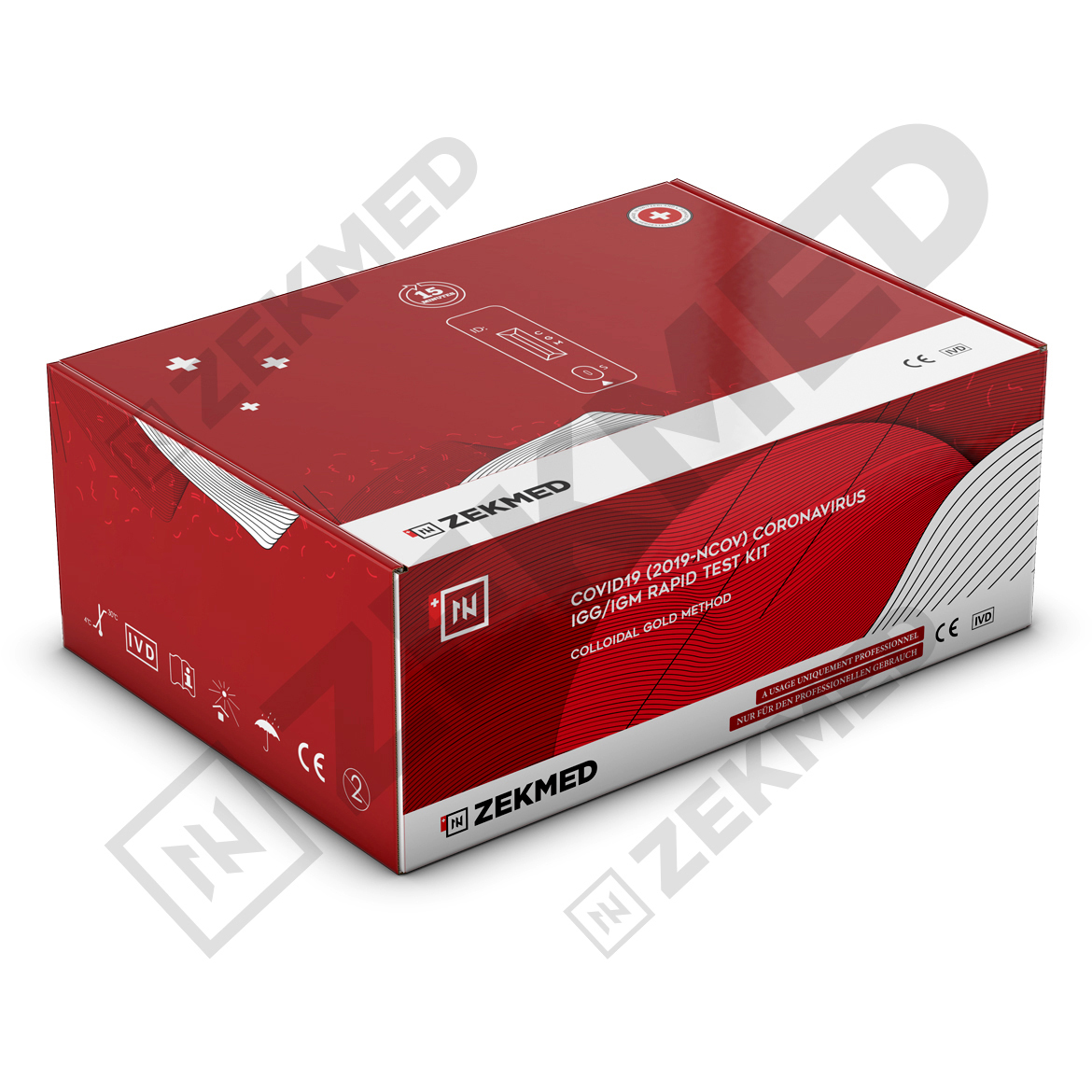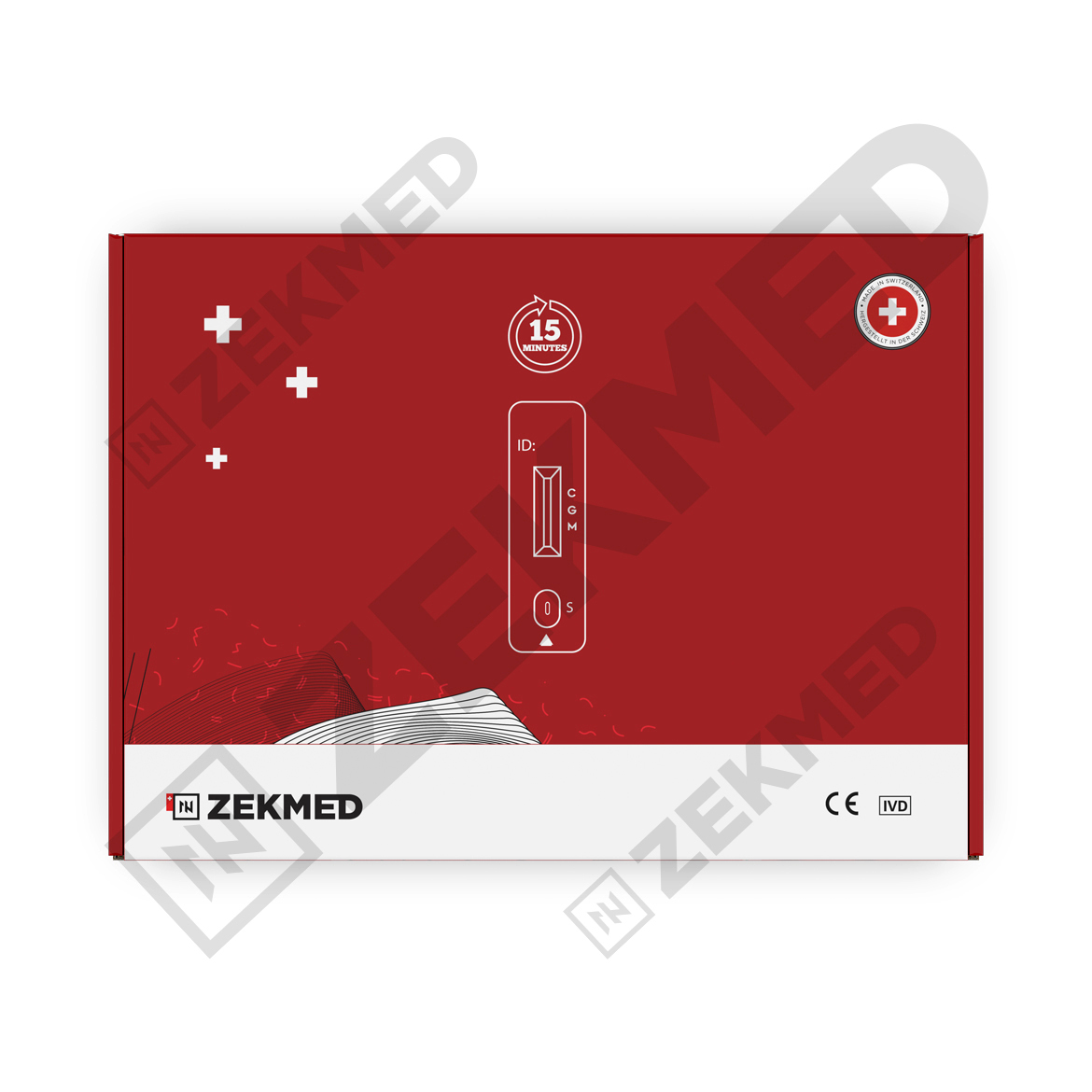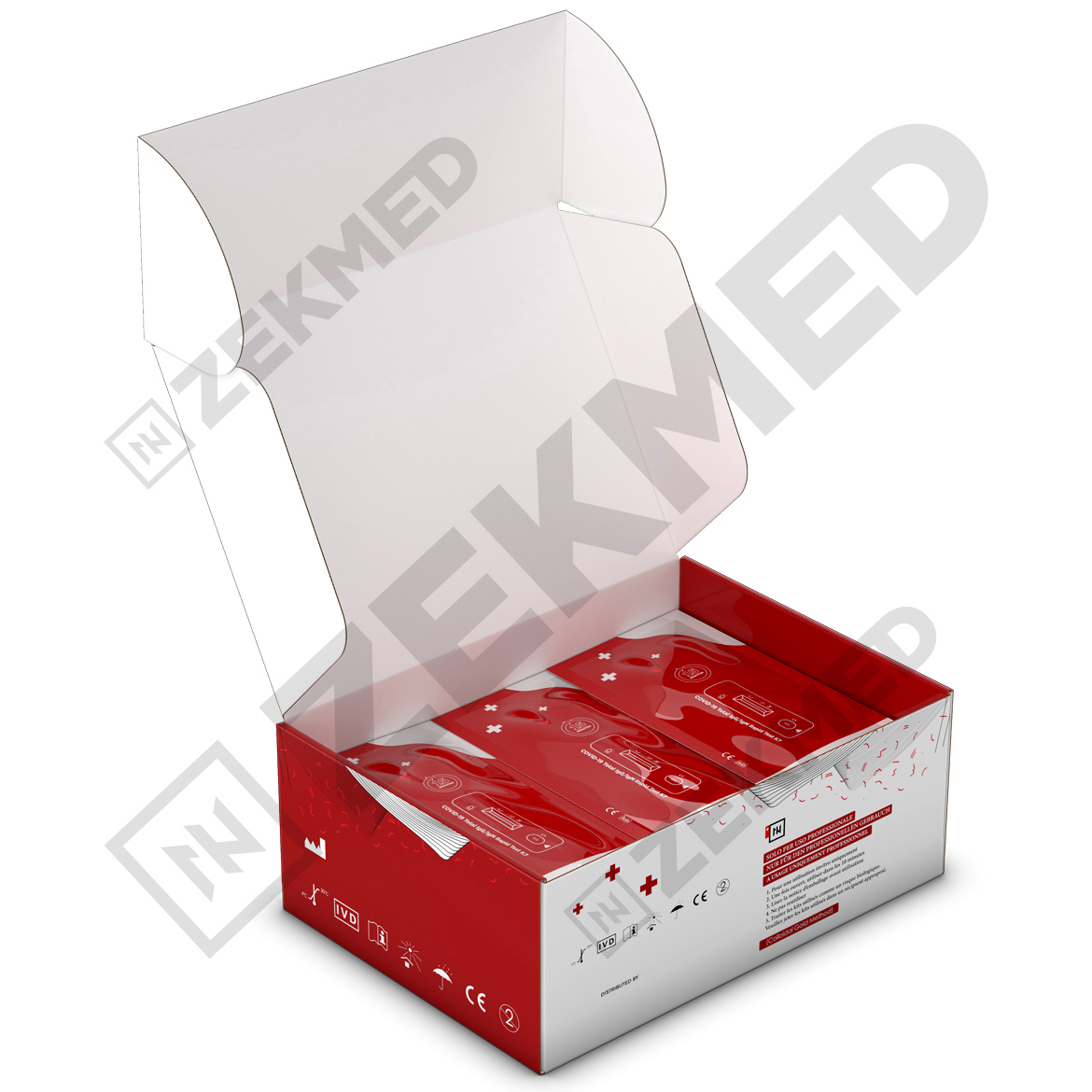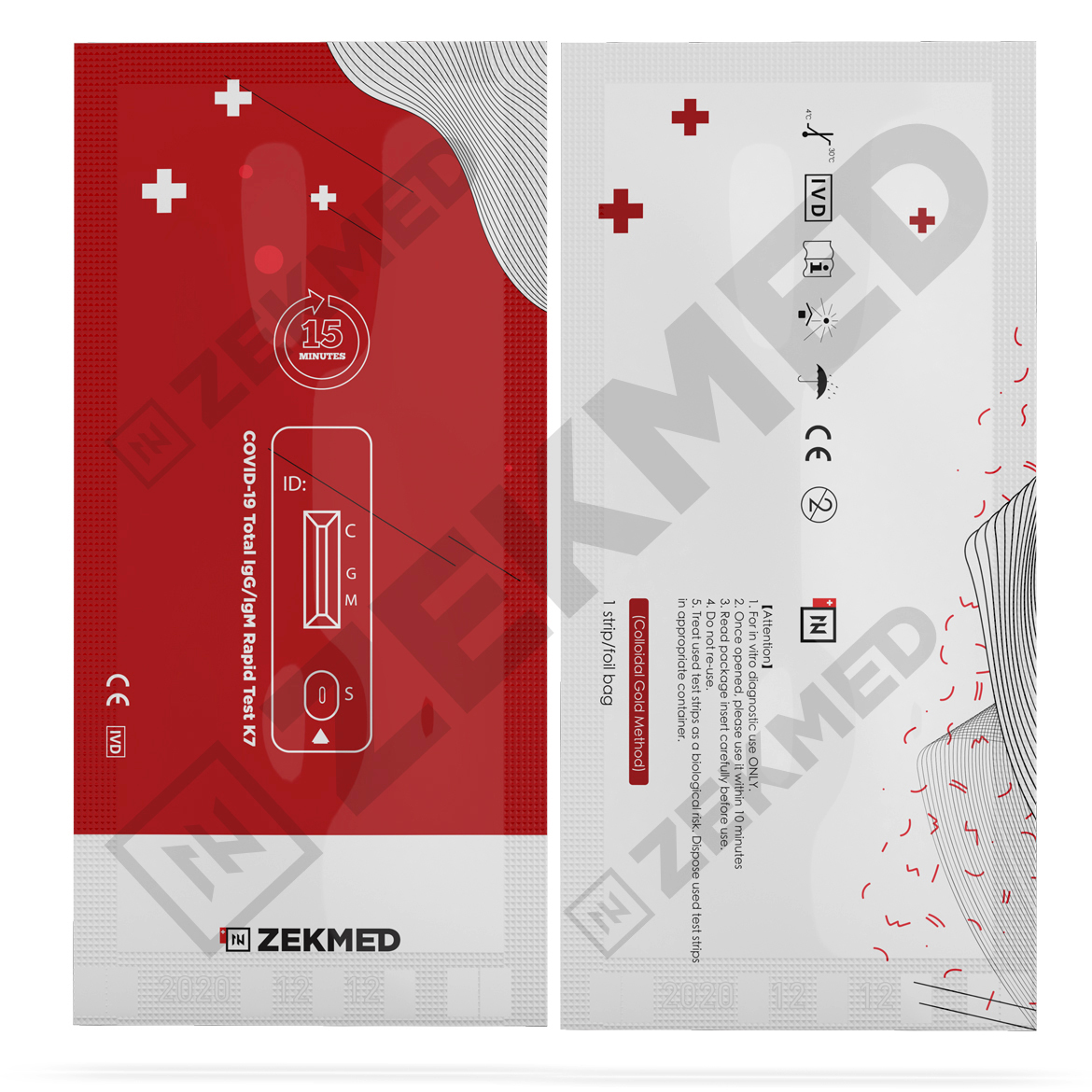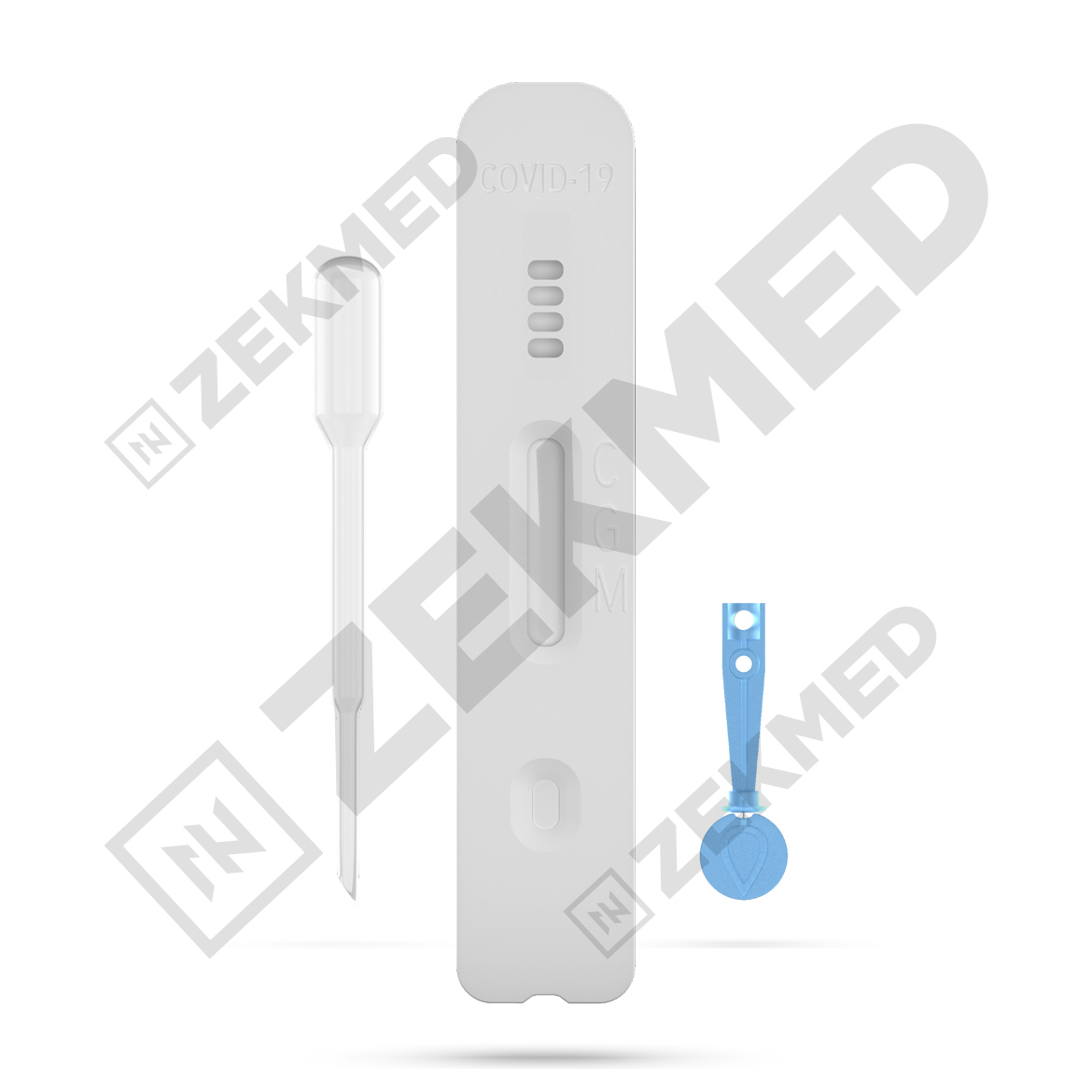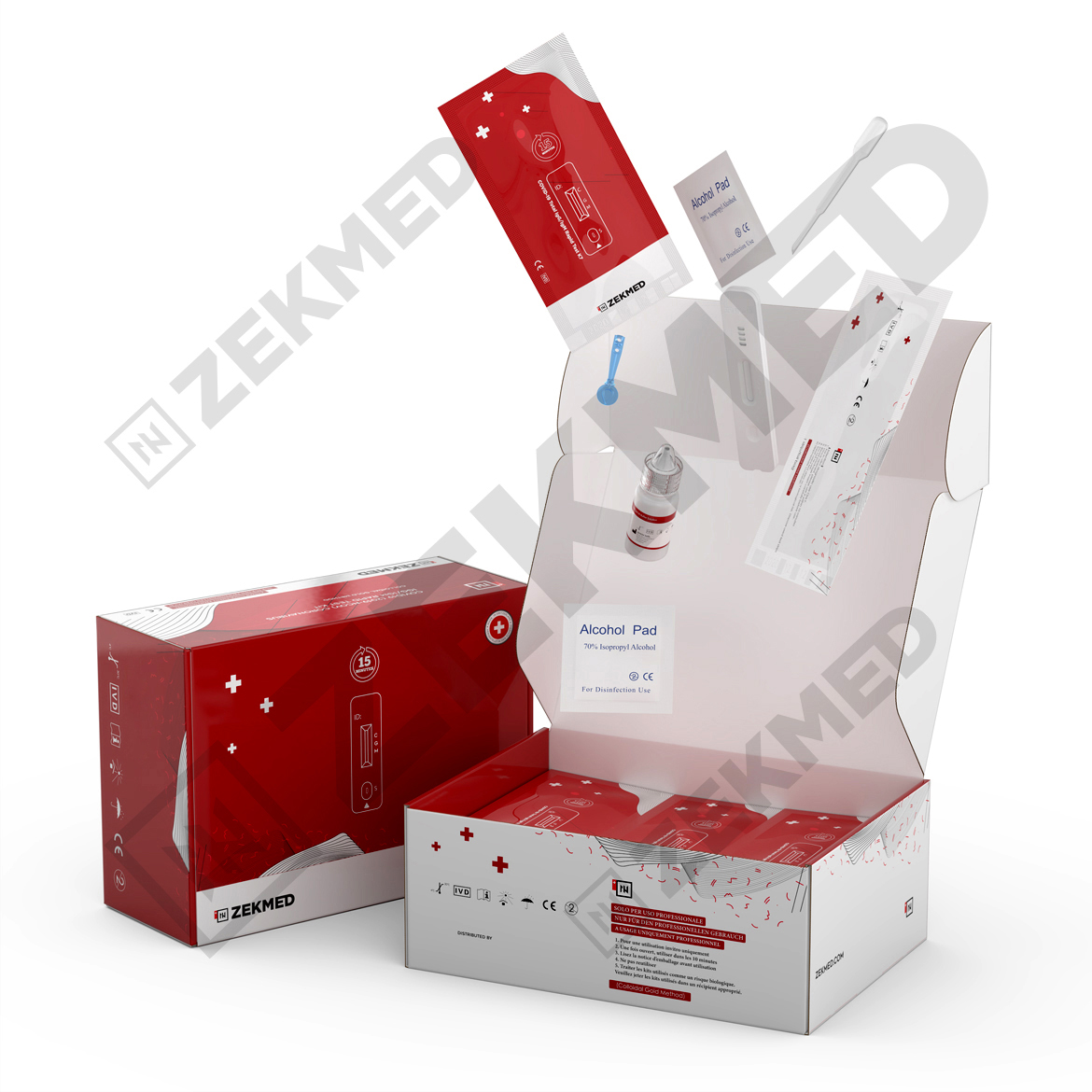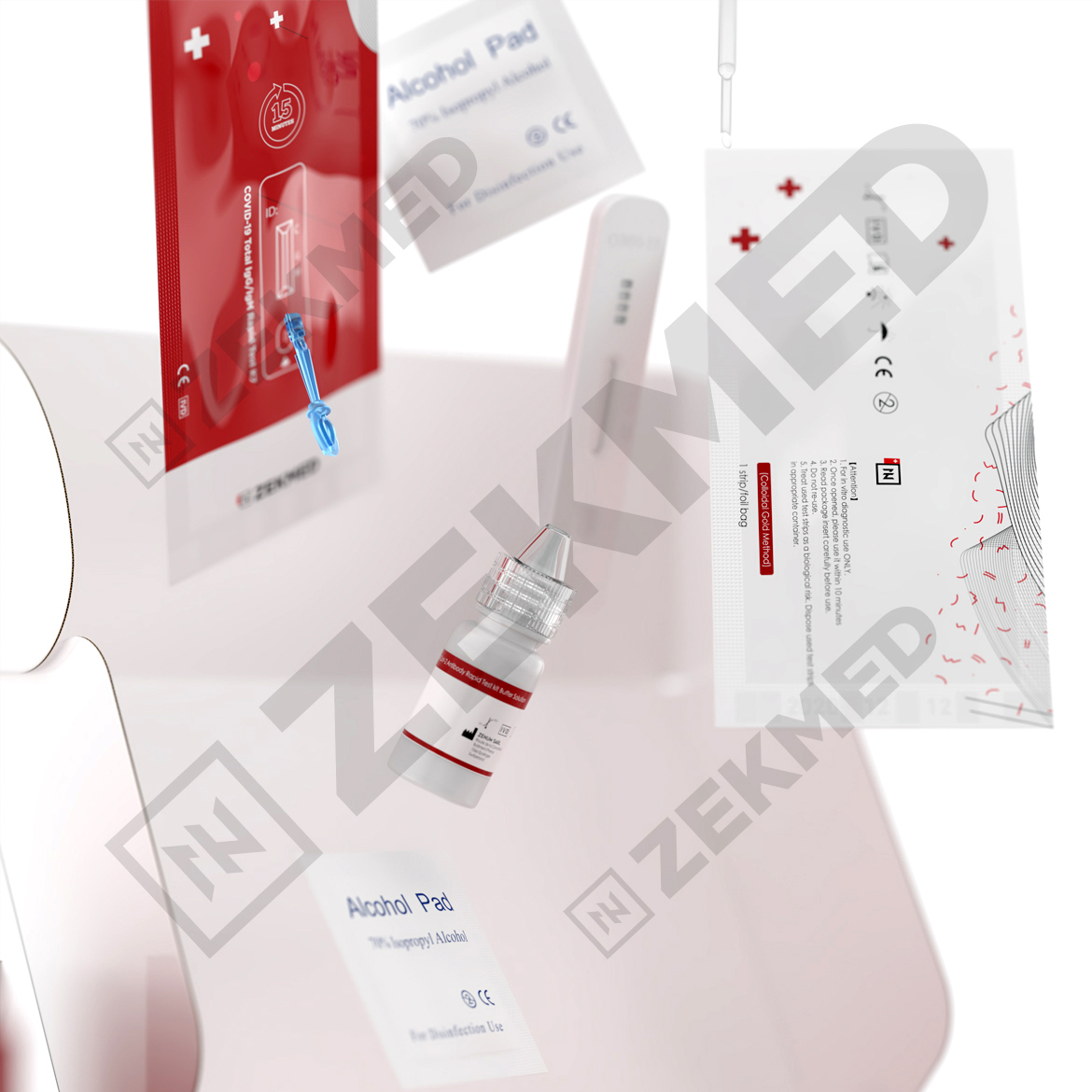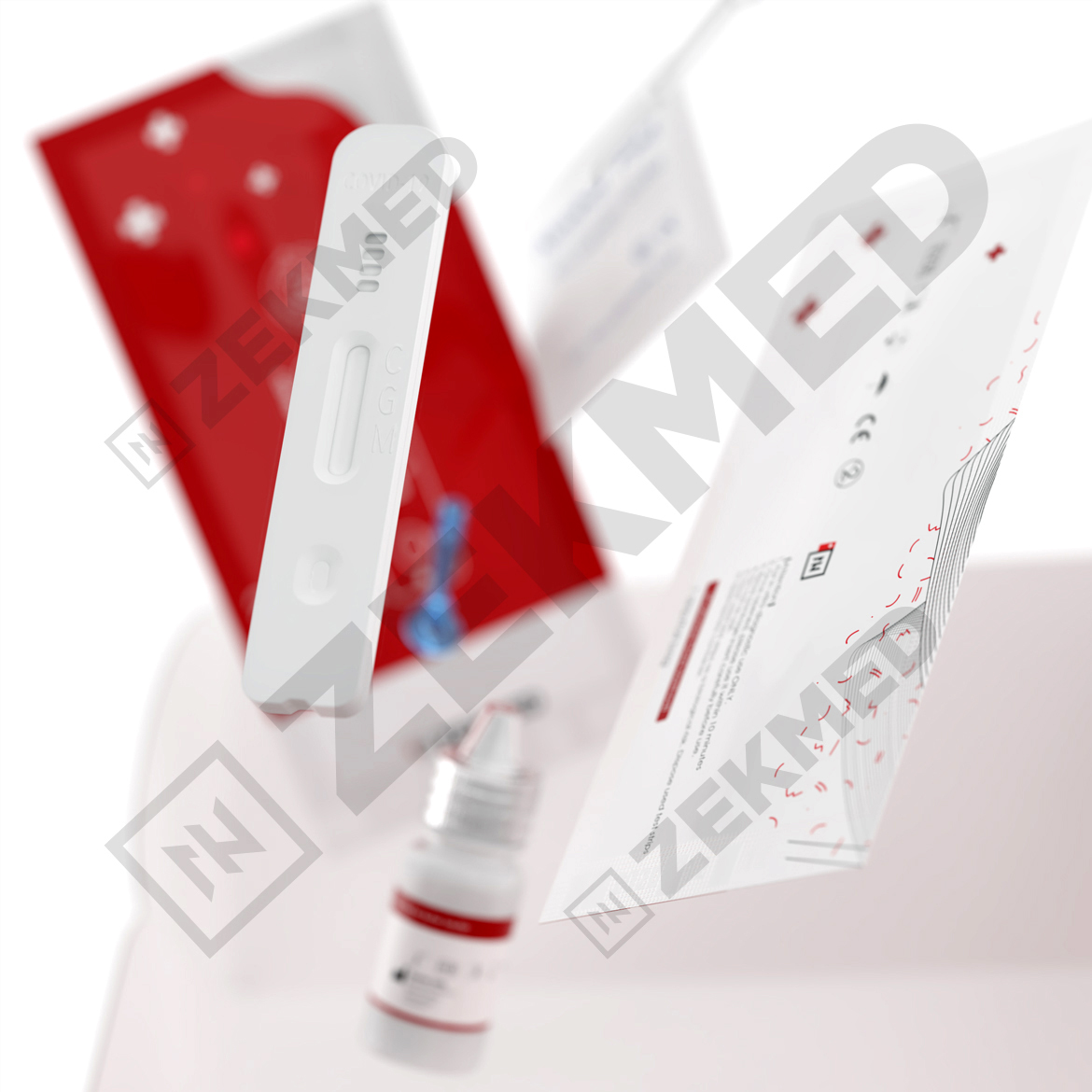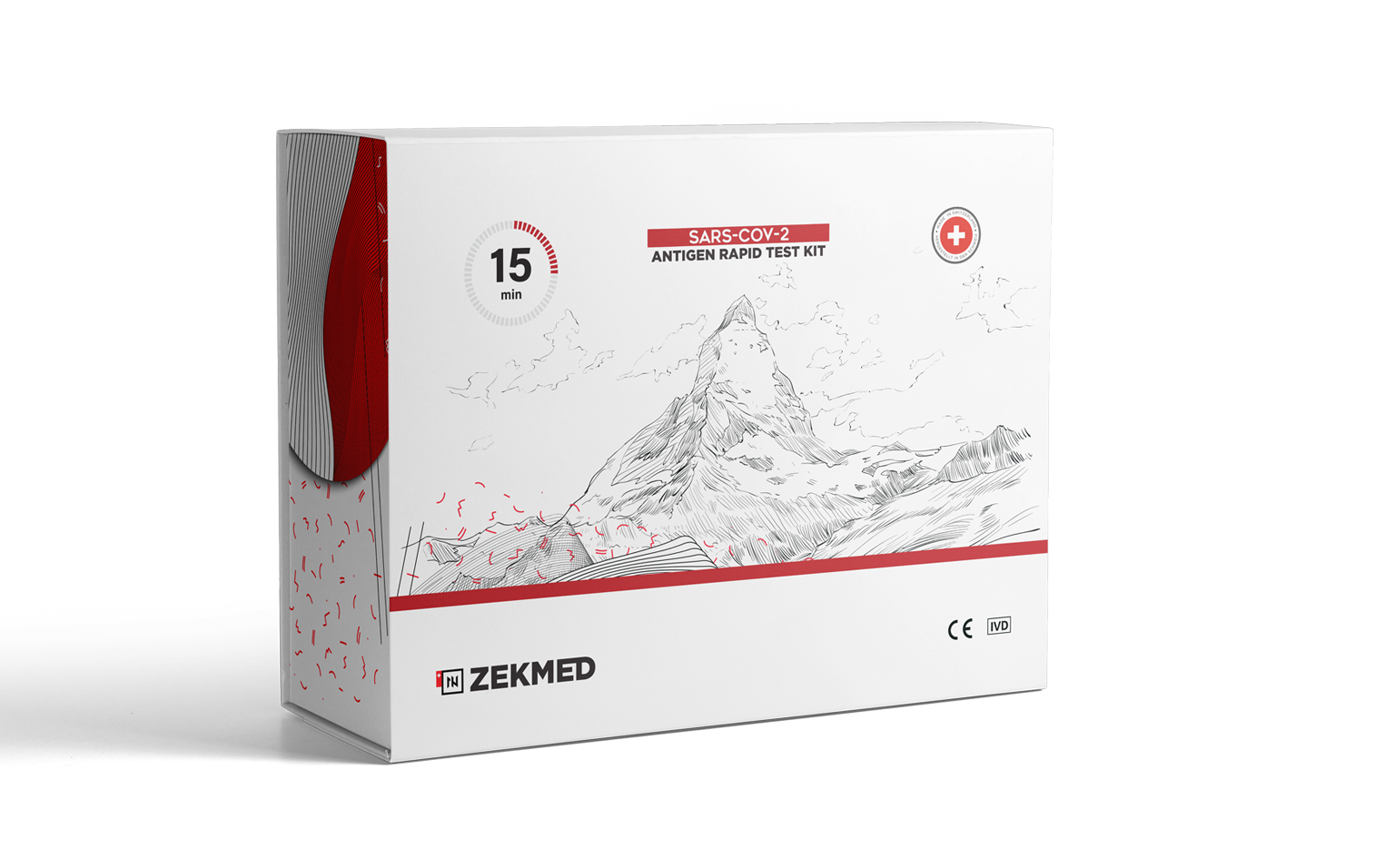Antibody test results: What do they mean
Negative (antibody test) results mean that either (1) you have not been exposed to the coronavirus, or (2) you were exposed to the virus, but at the time of your test it was too soon for your body to produce antibodies or the level of antibodies present at the time of the test were below the test’s limit of detection. It takes one to three weeks after exposure to the coronavirus to develop antibodies. It is also possible that many weeks or months following an infection, the antibody test may be negative as well. For some infections, antibodies decrease over time, but if the individual is exposed again to the same infectious virus, the body gears up and rapidly produces the needed antibody defenses. We are not yet sure whether SARS-CoV-2 antibodies protect the person against reinfection with the virus in the future.
Positive (antibody test) results mean that you have likely encountered the coronavirus at some point. It is still essential to protect yourself by taking precautions such as physical distancing, hand washing and mask wearing until more is known about immunity to this virus, and how long people infected with it remain contagious to others.
